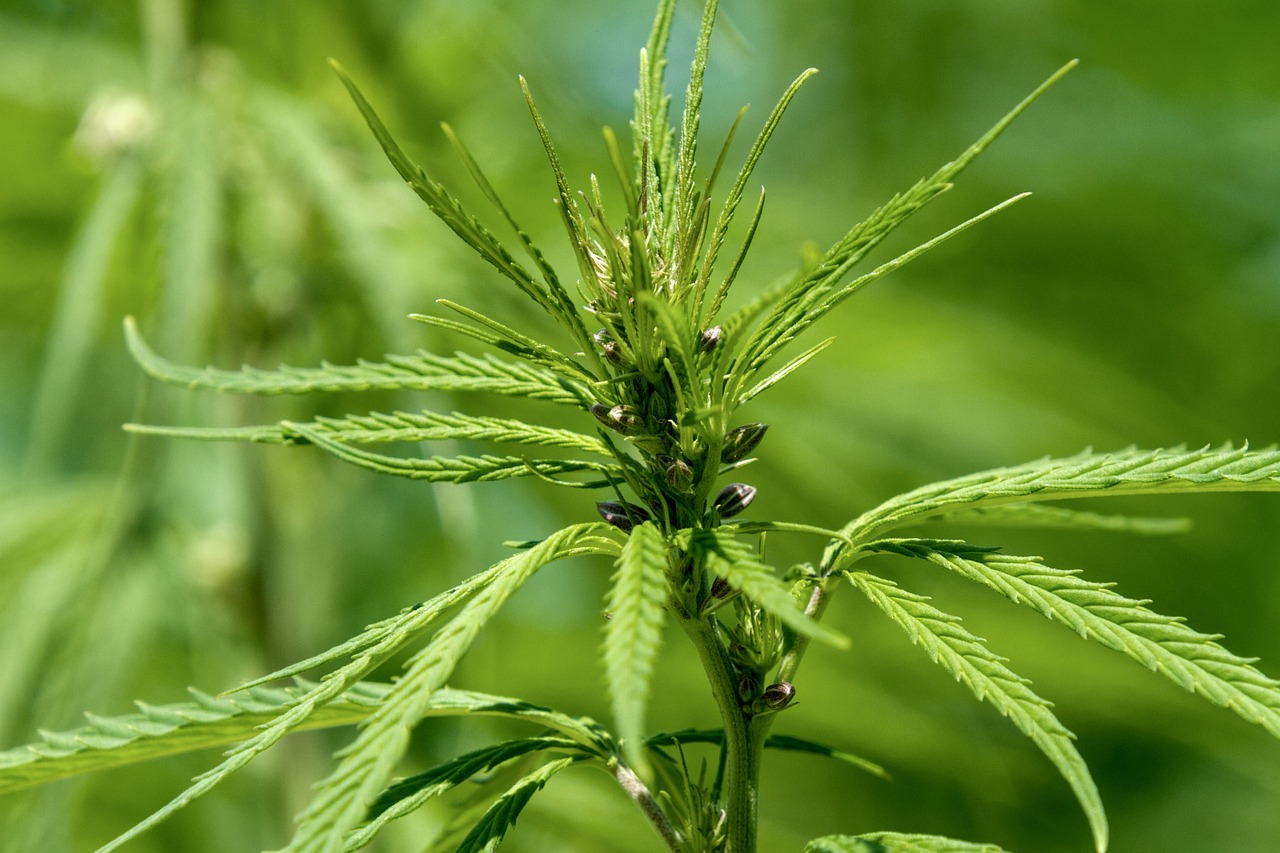The exploration of cannabis and its myriad compounds has led to a deeper understanding of its potential therapeutic benefits. Among these compounds, THCA (tetrahydrocannabinolic acid) has emerged as a promising candidate for various health applications. Unlike its more famous counterpart THC, Gold Cash THCa benefits is non-psychoactive, making it an attractive option for those seeking relief without the high.
Understanding THCA: The Basics
THCA is a naturally occurring cannabinoid found in raw and live cannabis plants. It is the precursor to THC, the compound responsible for the psychoactive effects of cannabis. When cannabis is heated through smoking, vaping, or cooking, THCA undergoes decarboxylation, converting into THC. This transformation is what gives cannabis its psychoactive properties.
In its raw form, THCA does not produce a high, which allows users to experience potential health benefits without the psychoactive effects. This characteristic has piqued the interest of researchers and consumers alike, leading to a surge in popularity for THCA-rich products.
Potential Health Benefits of THCA
Research into THCA is still in its early stages, but preliminary findings suggest a range of potential health benefits. Some of these include:
- Anti-inflammatory Properties: THCA has shown promise in reducing inflammation, which could be beneficial for conditions such as arthritis and inflammatory bowel disease.
- Neuroprotective Effects: Studies indicate that THCA may help protect brain cells, offering potential benefits for neurodegenerative diseases like Alzheimer’s and Parkinson’s.
- Anti-emetic Effects: THCA may help reduce nausea and vomiting, making it a potential option for patients undergoing chemotherapy or those with chronic gastrointestinal issues.
- Appetite Stimulation: Similar to THC, THCA may help stimulate appetite, which can be beneficial for individuals with conditions that cause appetite loss.
Case Studies and Research
While comprehensive clinical trials are still needed, several case studies and preclinical research have highlighted the potential of THCA. For instance, a study published in the British Journal of Pharmacology found that THCA exhibited anti-inflammatory properties in animal models. Another study in the Journal of Neuroimmune Pharmacology suggested that THCA could offer neuroprotective benefits.
These findings, though preliminary, provide a foundation for further exploration into the therapeutic applications of THCA. As research progresses, the understanding of how THCA interacts with the body’s endocannabinoid system will continue to evolve.
THCA in the Market: Products and Consumption
The growing interest in THCA has led to an increase in the availability of THCA-rich products. These include raw cannabis flowers, tinctures, capsules, and topicals. Consumers can incorporate THCA into their wellness routines in various ways:
- Raw Consumption: Juicing raw cannabis leaves or adding them to smoothies allows users to consume THCA in its natural form.
- Tinctures and Oils: These products offer a convenient way to measure and consume precise doses of THCA.
- Topicals: THCA-infused creams and balms can be applied directly to the skin for localized relief.
When selecting THCA products, it’s important to consider factors such as potency, purity, and the reputation of the manufacturer. Lab-tested products provide assurance of quality and consistency.
Legal Considerations
The legal status of THCA varies by region, as it is often classified alongside THC. In areas where cannabis is legal for medical or recreational use, THCA products are generally available. However, in regions with stricter cannabis laws, access to THCA may be limited.
Consumers should familiarize themselves with local regulations and consult with healthcare professionals before incorporating THCA into their health regimen.
Conclusion
The potential healing properties of THCA offer a promising avenue for those seeking alternative therapeutic options. As research continues to uncover the benefits of this non-psychoactive cannabinoid, its role in health and wellness is likely to expand. With a growing market of THCA-rich products, consumers have more opportunities to explore its potential benefits. As always, informed choices and professional guidance are key to maximizing the therapeutic potential of THCA.
